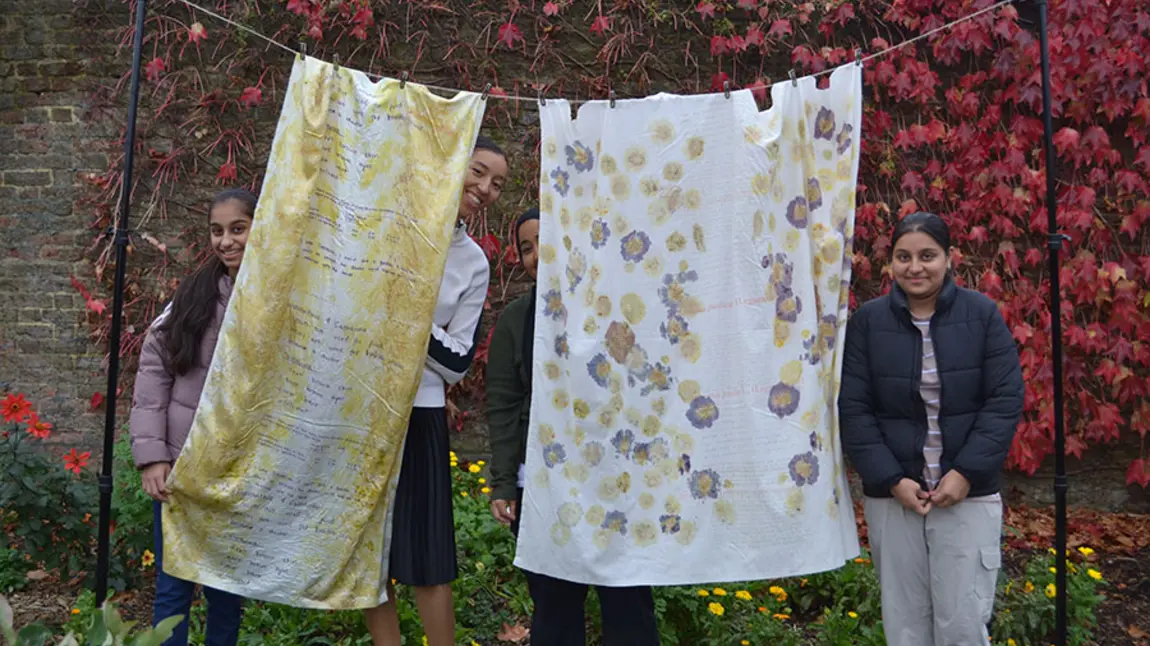Cultures and memories

Botanical Young Women of Hounslow.
These are the customs and traditions, skills and knowledge, passed down to us through generations.
Since 1994 we have awarded over £480million to more than 24,500 community and cultural heritage projects across the UK.
What do we support?
We fund projects which help to explore, save and celebrate the traditions, customs, skills and knowledge of different communities.
This cultural heritage is sometimes referred to as intangible or living heritage. This is because it is constantly changing and kept alive when practiced or performed.
We also fund projects which document and share people’s memories. This often involves capturing oral histories and ensuring they are accessible now and in the future.
Project ideas
Our funding could help people:
- research and share oral traditions, such as storytelling or local dialects
- train others in traditional skills and crafts, from dry stone walling and blacksmithing to basket weaving and textile making
- research the origins of culture, such as music, theatre or dance, and create performances influenced by past styles
- share the history and fun of celebrations, festivals or rituals with new audiences, from games and cooking to carnivals and fayres
- capture accounts of traditional knowledge or pass it on, such as woodland management or home remedies
- record the stories of ordinary people through oral histories, for example about growing up, migration or work
- retell people’s memories about a place or event, such as a long-stay hospital, the miners' strikes or the punk movement
How to get funding
If you have an idea for a project, we would love to hear from you.